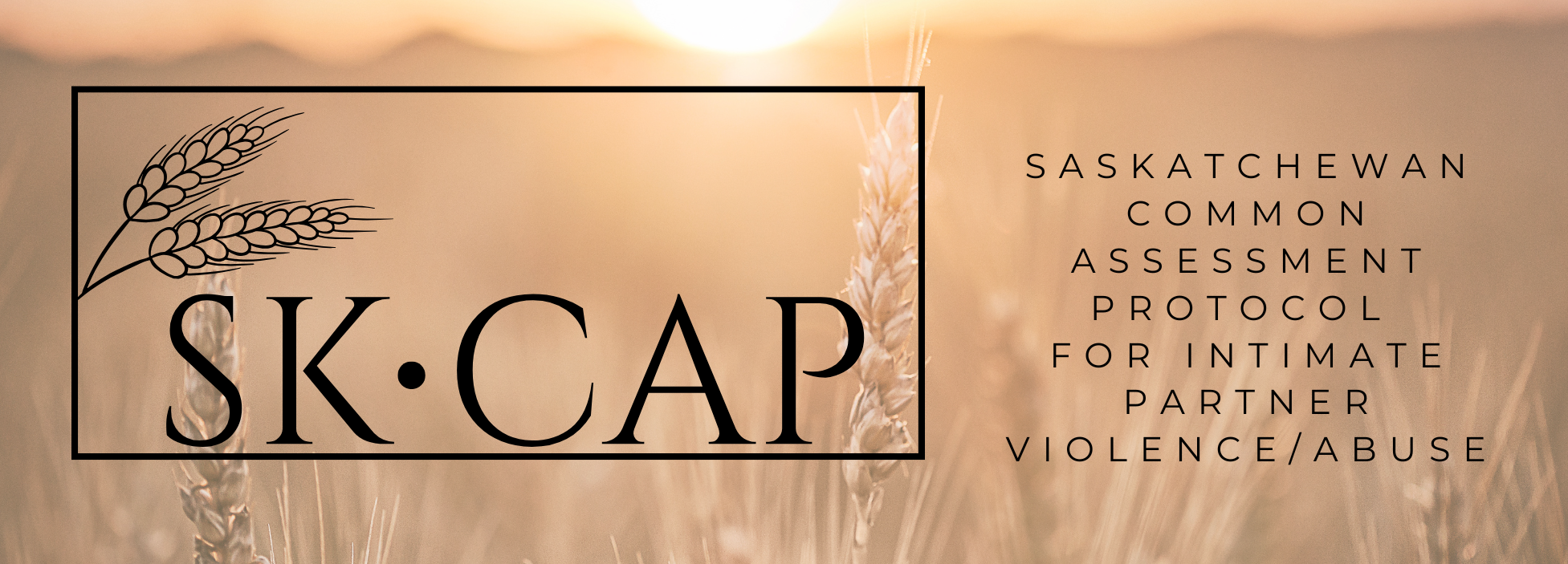News

Opinion: Canada considers making coercive control a criminal offence
Imagine this scenario — your friend Sarah has called you on the phone in tears. She has been in a relationship with Brian for five years. In the beginning, everything seemed perfect — he was charming, attentive and showered her with affection.
However, as time went on, Sarah began to notice subtle changes in Brian’s behaviour that left her feeling trapped and controlled. Brian gradually isolated Sarah from her friends and family. He insisted on knowing her whereabouts at all times, questioning her about her activities and who she spoke to.
Sarah found herself avoiding social events and contact with others to prevent arguments with Brian. Brian took control of the couple’s finances, leaving Sarah with limited access to money. He scrutinized her spending, often criticizing her purchases and questioning her need for personal expenses.
This financial dependency left Sarah feeling powerless and dependent on Brian. He belittled Sarah, criticized her appearance and undermined her self-esteem. When Sarah tried to express her feelings, Brian dismissed her concerns, making her believe she was overly sensitive or irrational.
Brian’s anger escalated over time, and he began to use intimidation and threats to maintain control. He would slam doors, punch walls and make veiled threats about what might happen if Sarah were to leave him. This created a constant atmosphere of fear in their home.
Brian engaged in gaslighting, making Sarah doubt her own perceptions and reality. He would deny saying hurtful things or accuse her of remembering events incorrectly. This left Sarah feeling confused and undermined her confidence in her own judgment.
Brian dictated Sarah’s daily routine, deciding what she could wear, where she could go and even how she should spend her free time. This control extended to her work life, with Brian discouraging her from pursuing career opportunities that would require more independence.
Brian used sex as a means of control, pressuring Sarah into activities she was uncomfortable with and ignoring her boundaries. This further eroded her sense of autonomy and contributed to her overall feeling of helplessness.
Sarah was experiencing coercive control, a pattern of actions which is extremely harmful to victims and a significant risk factor for femicide. On their own, few of these behaviours would be considered a crime. Sarah has every reason to fear for her life if she leaves Brian, but there is no legal remedy for her situation.
Coercive controlling behaviour is currently criminalized in the United Kingdom, Scotland, Ireland, Northern Ireland and New South Wales, Australia.
A private member’s bill to amend Canada’s Criminal Code was first introduced in Canada’s House of Commons in 2021; another bill is currently undergoing its second reading.
This fall, the Department of Justice Canada consulted with survivors, advocates and researchers regarding a potential criminal offence of coercive control.
Professionals at our organization’s member agencies — domestic violence shelters and services in Saskatchewan — frequently work with survivors who are unable to access legal mechanisms (such as being granted a protective order) because they did not experience physical violence or other criminal behaviours from their partners.
Despite the fact that coercive control is recognized as one of eight risk factors in the Saskatchewan Police Commission’s domestic violence risk checklist, police currently do not have tools available to offer protective measures to victims or to address perpetrators of coercive control.
Researchers and domestic violence death review committees have documented cases where women were killed by their partners, even though no previous physical violence occurred.
Canada has an opportunity to build from models in other countries to craft innovative legislation to clearly address coercive controlling behaviours and keep adult and child survivors safe.
It is necessary, beyond the creation of a new offence, to create a strategy for effective implementation, including training for police and other professionals developed and delivered by individuals with specific expertise in intimate partner violence.
Research and evaluation will be essential to ensure that the new offence is being implemented as intended.
Jo-Anne Dusel is the executive director and Crystal Giesbrecht is the director of research and communications at the Provincial Association of Transition Houses and Services of Saskatchewan, which represents domestic violence shelters and counselling centres in the province.
Read the LeaderPost article here
Latest News
All News-

-

PATHS is Hiring an Executive Director
Nov 12, 2025 -

-

SK CAP Update
Nov 03, 2025 -

Archives
- November 2025
- August 2025
- April 2025
- March 2025
- February 2025
- January 2025
- November 2024
- September 2024
- August 2024
- June 2024
- April 2024
- March 2024
- February 2024
- January 2024
- December 2023
- November 2023
- October 2023
- September 2023
- August 2023
- July 2023
- May 2023
- April 2023
- March 2023
- February 2023
- December 2022
- November 2022
- October 2022
- September 2022
- August 2022
- July 2022
- June 2022
- May 2022
- April 2022
- March 2022
- February 2022
- January 2022
- December 2021
- November 2021
- October 2021
- September 2021
- August 2021
- July 2021
- June 2021
- May 2021
- March 2021
